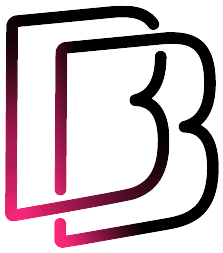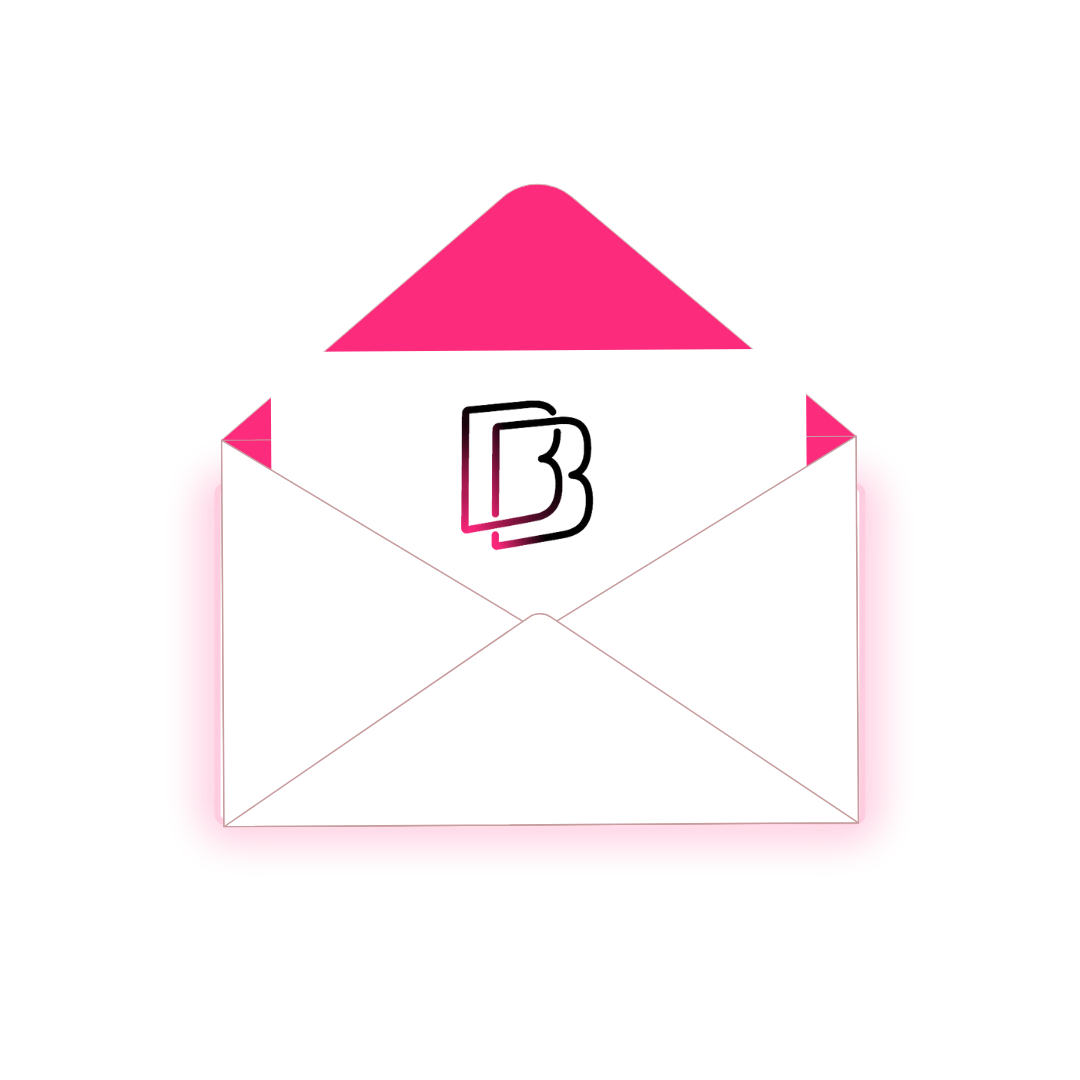
The internet was born in 1983. Now, that’s close to 38 years of content generated online with user consumption patterns shifting from passive receivers to active consumers. This ultimately leads the average netizen to a condition that’s detrimental to one’s health —the information overload. While staying connected and informed is crucial, consuming more than your brain is configured to handle can actually throw you off focus and confused. Experts call it ‘brain smog’.
The thing is, the magnitude of content available on various online platforms is not the issue at hand. The problem really lies in our ability to control the amount of information that is targeted at us through sharp algorithms and intellectual marketing strategies. Rest assured, you’re still not going to stop consuming that tweet, email, text message or the endless gush of viral videos that you can’t help but click on. Instead, I want us to concentrate on what we can control.
Now, before you get hit with another sensationalized notification on your phone while you read this, here’s five scientifically proven methods that promise to help you overcome the dark abyss of content overload.
YOUR COLLEAGUES CAN WAIT
We all know what it feels like to wake up to an influx of work emails. The instant anxiety that comes with the thought of having to read and respond to each one of them can be avoided, easily. You start by managing and prioritizing your mails. Make a list. Respond to the ones that absolutely need your immediate attention. The rest can wait. The pressure of having to attend to every single task in your inbox within a limited time can lead to grumpiness, poor thinking and can hamper the decision making wheel of your brain. Now, nobody wants that. Prioritize. Make that list every morning.
SWITCH OFF AFTER WORK
During work, you’re already marinating in emails, presentations, excel sheets (and expectations). After you clock off, it’s only natural for you to dive right into a Netflix marathon or a podcast to unwind. Sorry to break it to you, but what you don’t realise is that doing that does the absolute opposite of ‘unwind’. You’re still consuming, you see? I’m going to ask you to take two hours off from all streaming platforms, your phone, personal laptop or Ipad. This also includes newspapers, magazines and books. Nope, no E-books either. Two hours. You can do it.
TRUST YOUR SOURCE
When you live in a time where there is a certain degree of uncertainty, your brain naturally tends to seek as much information as possible to feel in control. We all want to be in control because it makes us feel safe. But how much is too much? For starters, reduce your news subscriptions to a maximum of three solid apps. Next, stick to trusted sources. That way, you have all the information reaching you in a controlled manner instead of just you being bombarded with headlines. Because, ultimately they’re all here to report the same piece of story only paraphrased. Lastly, follow independent journalists that report actual news. If there are a few that promote anxiety-provoking posts as opposed to news that matter, mute or unfollow. Ain’t nobody got time for that.
KNOWING WHEN TO STOP
Allot a specific time in the day to catch up on everything to stay updated. If you happen to break this routine from time to time (guilty as charged), and you come across content that has no direct value to you, then you could skim through it and skip. I repeat, skim through it and skip. Follow the two-minute rule if you need to. Basically, all you need to do is give a respective piece of story or post no more than two minutes of your time. Time it if you have to. Don’t forget. As soon as you recognize a slice of content throwing you off balance, put it away. Also, don’t read or watching anything right before you sleep. If you must, then consciously lean on feel-good content. You’d rather go to bed with your last thought being a chocolate cookie recipe compared to some country’s death rate.
THE BRAIN DUMP METHOD
This may sound a little bonkers, but once you reach the end of your day, pen down in very short bullet points all the content that had a negative impact on you. Now, before you confuse this with manifestation let me tell you that the process in fact ends with getting rid of that very paper you jotted your points on (like burning an ex’s photograph?). The process of having them on paper and discarding it after helps delete everything that tries to come in the way of your thoughts that help you focus on what you want to focus on. You could consider this a form of reverse energizing. This process may sound dramatic but it’s equally freeing. Don’t judge until you try it. I did, and I was surprisingly cleansed of all the worldly tensions that did not deserve a spot on my shoulders.

